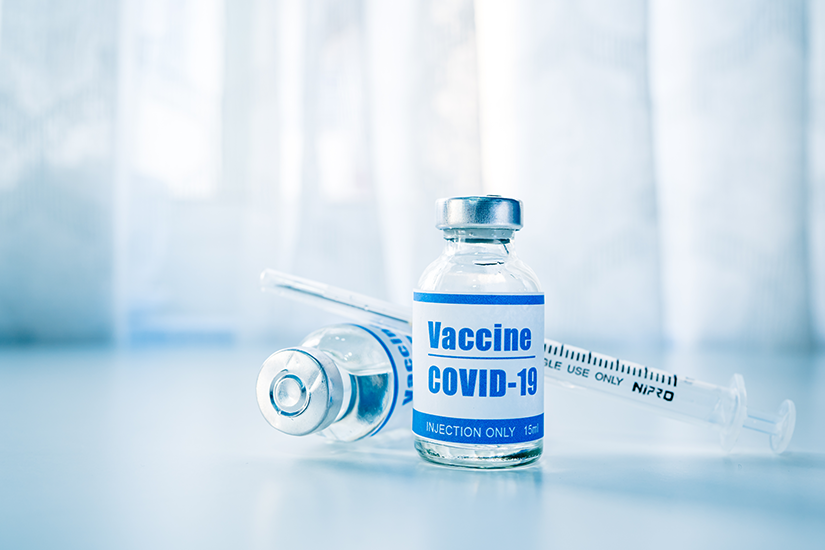- Emergency Ambulance Services
- 8606811111
- 0471-4077777, 0471-7177888
- gro@sutpattom.com
Importance of Breastfeeding on different aspects
Dr. Kristin Indumathi, Senior Neonatologist, SUT Hospital, Pattom
India accounts for nearly one fifth of the world’s annual child birthsof 25 million children each year but every minute one of those babies dies. The major causes of new-born deaths are Pre-maturity, Neonatal infections, Birth asphyxia and Congenital malformations. Many of these causes are preventable.
Nearly 3.5 million babies in India are born premature, 1.7 million babies are born with birth defects, and one million new-borns are discharged each year from Special New-born Care Units (SNCUs). These new-borns remain at high risk of death, stunting, and developmental delay.
Yet, death during and after delivery is largely preventable by having access to good obstetric care. In the post-new-born period, survival rates also rise sharply with early and exclusive breastfeeding and immunization against measles and other vaccine preventable diseases.
Evidence suggests that improving the nutritional status ofpregnant women, adequately spaced deliveries, increasingthe age of first delivery and prevention and treatment ofurinary tract infections can help to prevent preterm births.
Improved care of LBW and preterm births through Vitamin A supplementation, promotion of early breastfeeding, prevention and management of hypothermiaincluding kangaroo mother care can enhance theirchances of survival.
Pneumonia and diarrhoea
Pneumonia, which causes 12.9% of child deaths, and diarrhoea, responsible for 8.9% of child deaths, are the main preventable causes of death among children. Children who are undernourished, do not have access to safe drinking water and sanitation, and are exposed to high indoor air pollution are at risk of contracting pneumonia. Pneumonia can be easily treated with low-cost antibiotics, if diagnosed correctly.
Diarrhoea killed 90,000 children under five in 2017. Yet, only 50.6% of children with diarrhoea received oral rehydration solution (ORS), a simple method of managing diarrhoea, and 20.3% received zinc supplementation, which helps fight diarrhoea.
India has made progress in the reduction of newborn mortality with its share of the global newborn mortality burden coming down from one third of newborn deaths in 1990 to below a quarter of total newborn deaths today. This is a result of more and more women delivering in health facilities.
Just over a decade ago, six out of ten women delivered in their homes, without the support of a skilled birth attendant, putting both themselves and their new-born at risk. Today, this number has reduced threefold with eight out of ten women delivering in a health facility.
“Breastfeeding is one of the most effective – and cost effective – investments Nations can make in the health of their youngest members and the future health of theireconomies and societies. By failing to invest inbreastfeeding, we are failing mothers and theirbabies – and paying a double price: in lost lives and in lost opportunity.”
Breastfeeding improves health of babies and their mothers
Breastfeeding is the optimal way of feeding babies, offering them the nutrients they need in the right balance, as well as offering protection against morbidity and mortality due to infectious diseases.
Breastfed children have a lower risk of dental malocclusion and research has shown that there is a relationship between breastfeeding and scores on intelligence tests. Breastfeeding also helps to improve maternal health, as it reduces the risk of breast cancer, ovarian cancer, hypertension and cardiovascular disease.
Investing in breastfeeding can save infant lives and improve the health, social and economic development of individuals and nations. Therefore, an enabling environment for breastfeeding, as well as the other facets of infant and young child feeding, must be created. The protection, promotion and support of breastfeeding require coordinated actions during normal times and perhaps even more so during emergencies. The COVID-19 pandemic has brought to the fore the need to advocate for breastfeeding as a public health intervention that saves lives and prevents infections and illnesses in the wider population.
WHO/PAHO
Poor nutrition during the early stages of the life-course can lead to extensive and irreversible damage to physical growth and brain development. On the other hand, good nutrition has a positive effect. Breastfeeding is the optimal way of feeding babies, offering them the nutrients they need in the right balance, as well as offering protection against disease.
The World Health Organization recommends that babies should be exclusively breastfed for the first six months of life, followed by introduction of nutritionally adequate and safe complementary foods, and with continued breastfeeding up to two years old or beyond.
Breastfeeding makes babies smarter
Adults who were breastfed as children score 3.3 points higher on cognitive development indicators, which lead to more years of schooling. Women who breastfeed compared with women who don’t breastfeed or breastfeed less have a 32% lower risk of type 2 diabetes, a 26% lower risk of breast cancer and a 37% lower risk of ovarian cancer
Breastfeeding needs protection
The International Code of Marketing of Breast-milk Substitutes provides guidelines to prevent the inappropriate marketing of breastmilk substitutes, including infant formula, feeding bottles, nipples, follow-on milks and related products16. It needs to be legislated and monitored. When manufacturers and distributors are in violation, they should be sanctioned.
Breastfeeding promotes attachment
Mother-child bonding is enhanced when mothers interact with their infants while breastfeeding. Longer breastfeeding is associated with more sensitive maternal responsiveness and the security that comes with attachment.
Too few children benefit from recommended breastfeeding practices
From birth to 6 months of age, feeding infants nothing but breastmilk guarantees them a food source that is uniquely adapted to their nutrient needs, while also being safe, clean, healthy and accessible, no matter where they live. Putting newborns to the breast within the first hour of life – known as early initiation of breastfeeding – is critical to newborn survival and to establishing breastfeeding over the long term. When breastfeeding is delayed after birth, the consequences can be life-threatening – and the longer newborns are left waiting, the greater their risk of death.
In order to support women and optimize the chances of breastfeeding in line with WHO’s recommendations, WHO and the United Nations Children’s Fund (UNICEF) published a joint statement in 1989 which listed Ten Steps to Successful Breastfeeding.
The Baby-friendly Hospital Initiative provides guidance on the implementation, training, monitoring, assessment, and re-assessment of the Ten Steps to Successful Breastfeeding and the International Code of Marketing of Breastmilk Substitutes, – a set of recommendations to regulate the marketing of breast-milk substitutes, feeding bottles and teats adopted by the 34th World Health Assembly (WHA) in 1981, and its subsequent related WHA resolutions.
The Baby-friendly Hospital Initiative has since been shown to positively impact breastfeeding outcomes. Kerala was declared the first `Baby friendly state” in the world in August 2002 and selected for this rare honour under the WHO-UNICEF sponsored `Baby Friendly Hospital Initiative” (BFHI) for “promoting, protecting and supporting “exclusive breast feeding. The rate of breast-feeding initiation on day 1 was 92% in Kerala by 2002.
But as the years passed, there was complacency among the health workers regarding motivation of mothers about the benefits of breast feeding and teaching them about the correct feeding techniques. No follow up training programs available for the health workers or inspections for renewal of the certificates. As a result, the breast-feeding status gradually dropped and now the percentage of mothers giving breast feeding is just above 50% according to the NFHS Survey- 50.3% in urban and 59.5% in rural areas. New-borns breastfed within one hour of birth has also decreased to 66.7% in the state.
Breast feeding promotion has been considered as the most cost-effective intervention for infant and child mortality reduction. There was an urgent need to revamp BFHI by training the doctors and nurses in Breast feeding practices and a call for Certification of all maternity hospitals in the State of Kerala.
Protecting, promoting and sustaining breastfeeding practices are the need of the hour and Mother and Baby Friendly Initiative will pave the way to achieve this.









